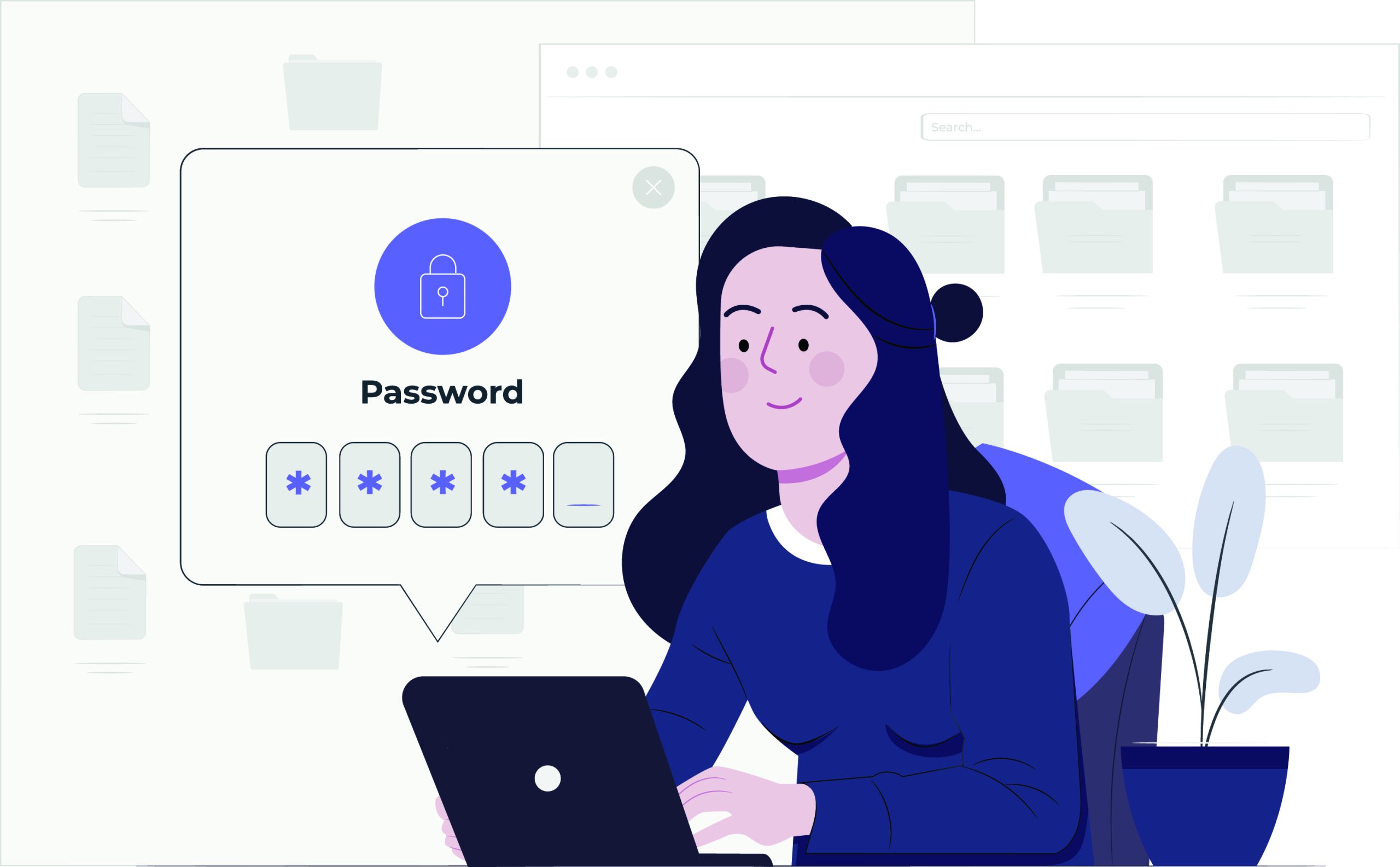It’s World Password Day — Here Are Some Tips To Stay Safe Online!

We live in an online world now — as evidenced by the fact you’re currently reading this on some sort of device rather than in a newspaper or having it communicated by smoke signals. With that comes the difficulty of keeping your personal information safe and secure, a challenge for anyone in the digital age. Luckily, we’ve got some tips that can help you be your best (and safest) online self!
Manage Your Passwords Carefully
This might seem basic, but it’s something everyone should do and that a lot of people forget about. Your passwords are your most important line of defense when it comes to maintaining your online safety, so make sure you take care of them.
First of all, use a Password Manager such as one of these, for example, in order to keep track of them. Google also has one, if that’s easier for you.
Second, make sure you use different passwords for everything! It’s very easy for a hacker to get one password and gain access to everything you have if you use the same one for every site, and a password manager will make sure you don’t have to worry about forgetting anything.
Third, any time you have the option to use two-factor authentication (usually in the form of having to confirm a login on your phone or tablet), make use of it! It might be a minor annoyance, but it goes an extremely long way towards keeping people out of your business.
Be On Alert For Scams And Malware
While seeing to your passwords is a passive way to protect your data, there are also ways you can take an active role. Ultimately, this is a lot more about what not to do than what to do. One of the most common ways people gain access to your data is by phishing: sending out links in the hopes people will click on them without thinking about it. Don’t fall for it! If you’re not expecting to receive a link in your e-mail, or you can’t confirm its source, do not click on it!
Phone calls are also another common way of scamming people, and they’re very easy to spoof — meaning hackers can pretend they’re calling you from a number you know. Don’t trust your caller ID simply because it claims to be from a trustworthy source like your bank; use your best judgment and ask them to prove they are who they say they are! There is, however, one way you can take active measures to keep your data safe: sign up for a credit monitoring service like CreditKarma or any offered by credit card companies themselves. These services will help you track whether someone has opened a credit card in your name, possibly damaging your credit rating through no fault of your own.
Make Sure Your Devices Are Secure
In addition to your passwords and your info, your devices themselves can be a source of vulnerability; malware, spyware, and other hazards of the online world can find their ways onto your phones, tablets, and laptops all too easily. The good news, though, is that there are some steps you can take regularly that will get rid of most of the hostile programs — and they’re not even difficult ones!
First, always keep your software up-to-date. Yes, you might have to go 10 minutes without your phone, or restart your computer, and that’s super annoying, but malicious programs feast on outdated security software, so this is 100% worth it.
Second, this is going to seem silly, but restart your phone once a week. The majority of malware on mobile devices lives in their memory; once you restart your phone, everything in the memory resets, making all of that malware evaporate.

